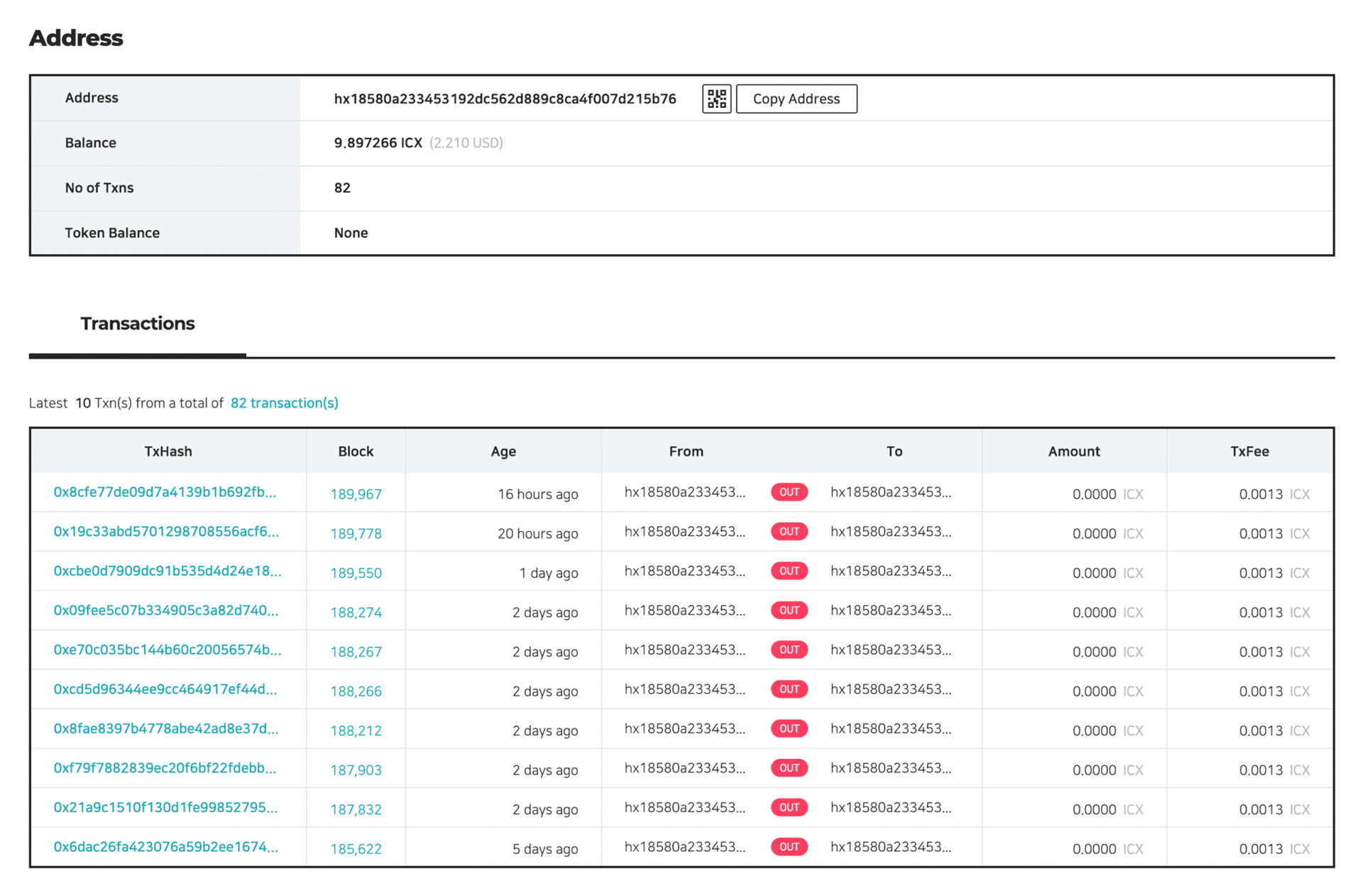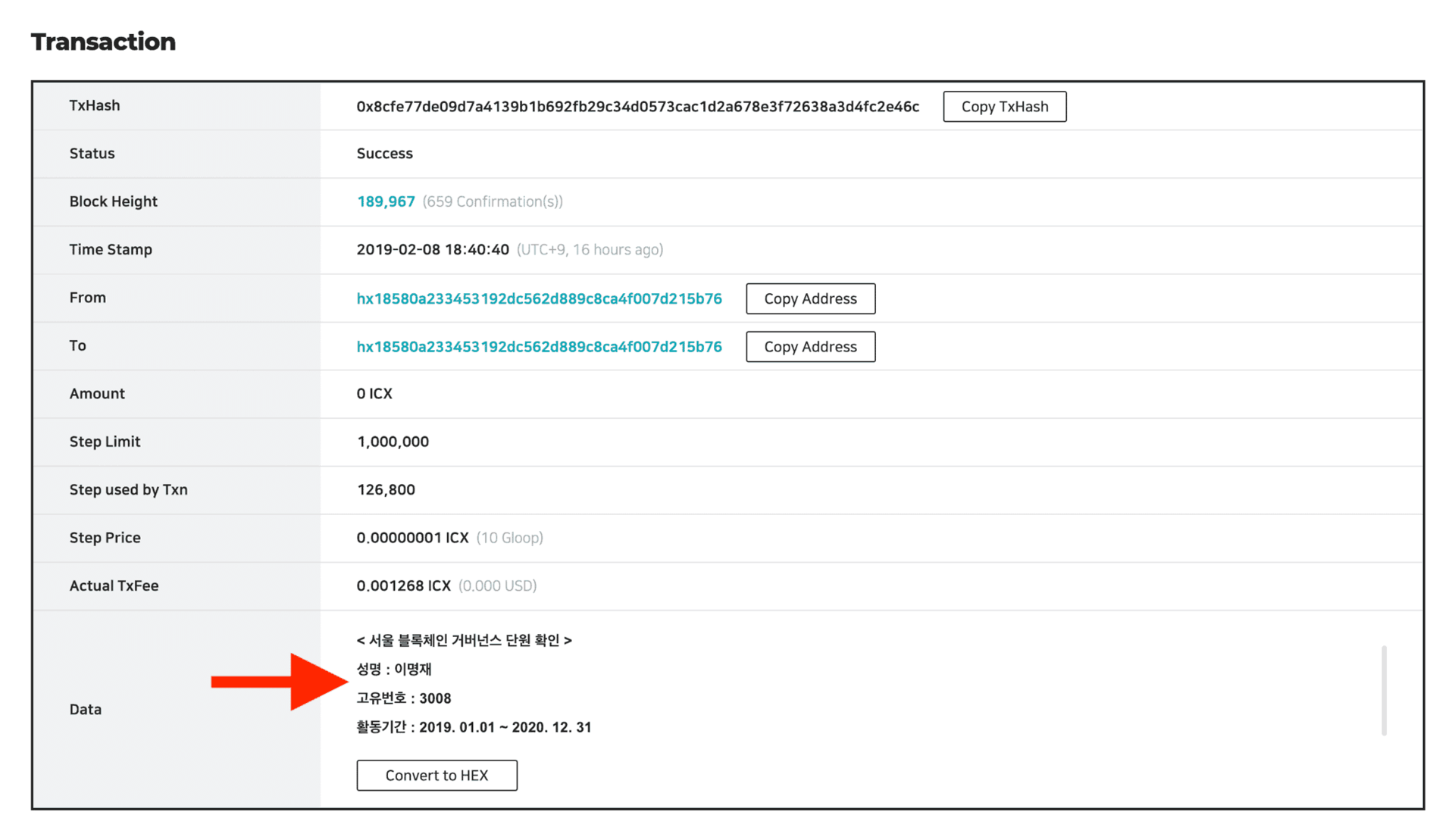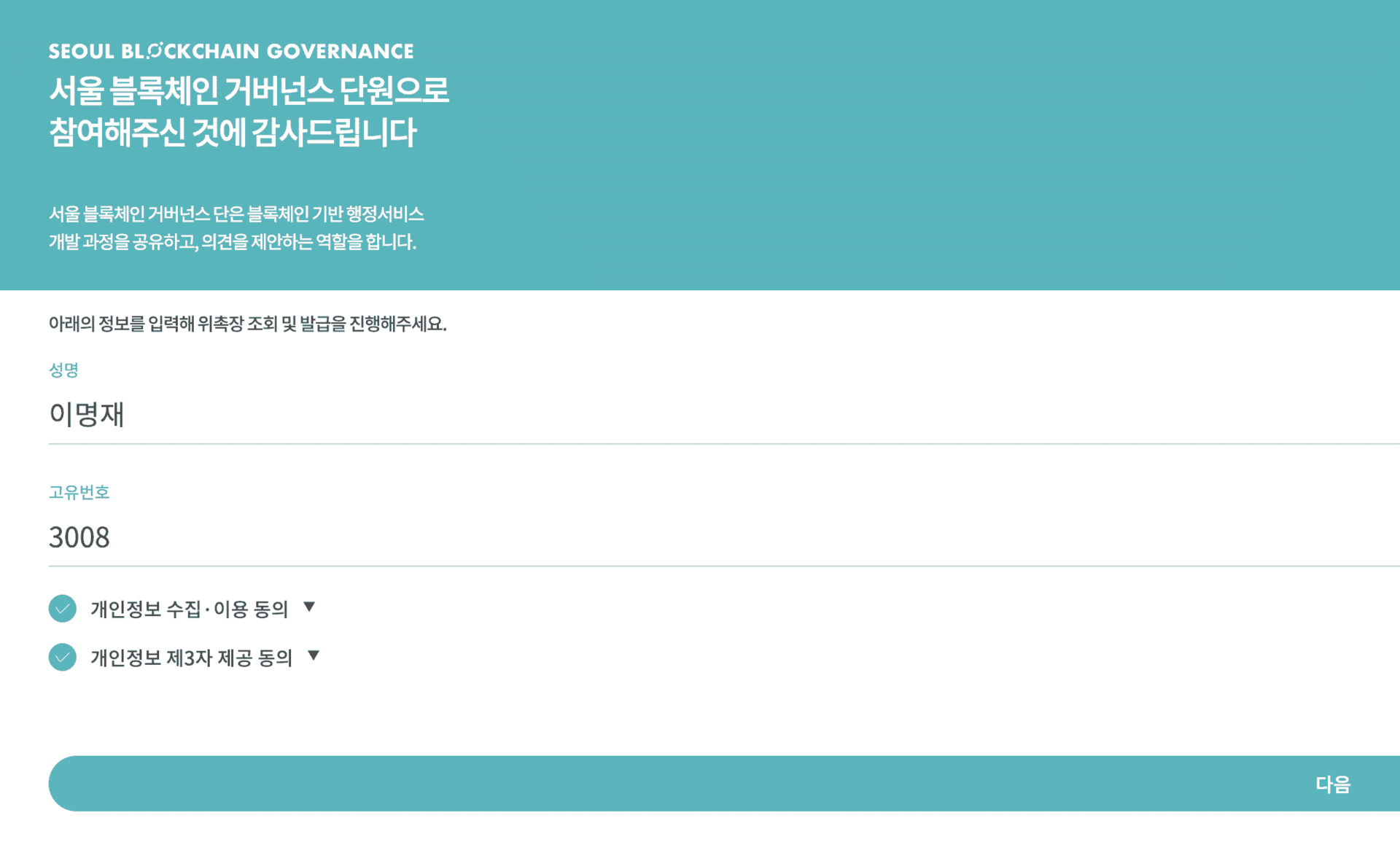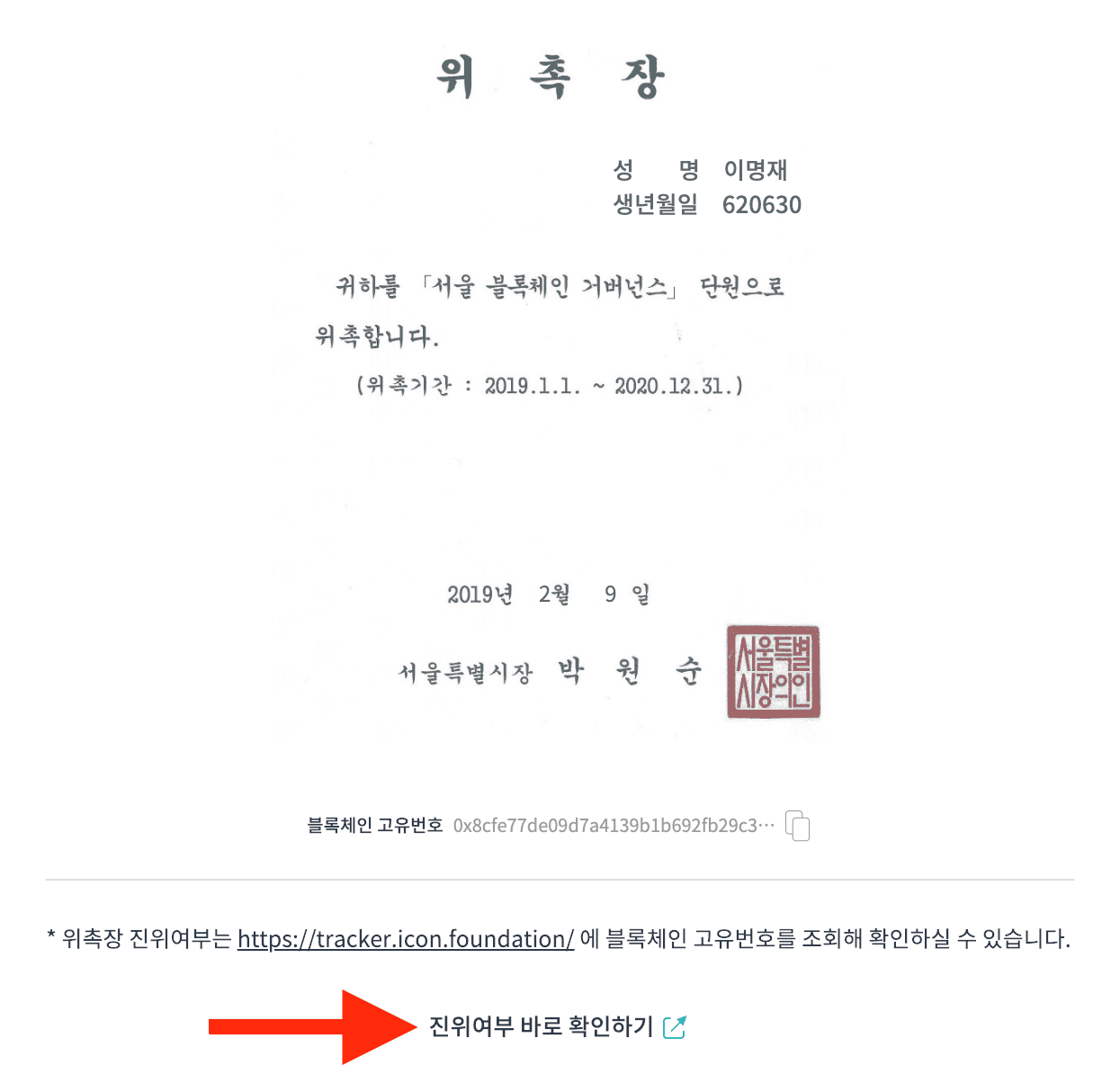Yesterday, ICON Foundation announced that the Seoul Metropolitan Government “issued mobile letters of appointment to its Blockchain Governance Team using ICON’s public blockchain” and that “government and supporting agencies are expected to take the first step in leveraging both public and private blockchain systems.”
The Seoul Metropolitan Government is headed by Mayor Park Won-soon, who is also a strong candidate to become the next President of South Korea. In October of last year, Park unveiled a five year plan to invest $108 million into developing Seoul into a blockchain-powered “smart city,” Areas such as “labor welfare, vehicle history management, certification issuance, donation management and elections voting” will be targeted for potential blockchain implementations. This program has led to the formation of the Seoul Blockchain Governance Team, a team of “100 citizens comprised of college students, developers, corporate representatives, and more.”
ICON’s most recent collaboration with the Seoul Blockchain Governance Team involves the issuance of appointment certificates developed by ICONLOOP, a sub-team within ICON that focuses on private enterprise blockchain implementations. While past ICONLOOP projects like CHAIN ID don’t necessarily involve the ICON public chain, the entities involved in the issuance of appointment certificates for the Seoul Blockchain Governance Team have elected to timestamp records on the ICON public chain, which requires ICX for transaction fees. According to ICON, “letter of appointment issuance records are stored on the ICON public blockchain, making falsification and fake issuance impossible. Authenticity of the record can be verified in the ICON Tracker by searching for a specific transaction.”
The ICX transactions containing appointment certificate data can be viewed on the ICON Tracker. At the time of writing, there have been a total of ten tests conducted from this wallet address.

Taking a closer look at an individual transaction reveals that the Seoul Blockchain Governance Team sent an ICX transaction containing the appointment details in the Data field, which can hold up to 250KB of data. While the transaction amount was 0 ICX, a transaction fee of 0.001268 ICX was paid. This is a great example of how the ICON blockchain can be used to immutably timestamp data for a fairly cheap price.

Here’s an example of an appointment issuance record.
< 서울 블록체인 거버넌스 단원 확인 >
성명 : 이명재
고유번호 : 3008
활동기간 : 2019. 01.01 ~ 2020. 12. 31
Here’s the above appointment issuance record translated into English.
< Confirmation of Seoul Blockchain Governance Team >
Name: Lee Myung-Jae
Unique Number: 3008
Activity period: 2019. 01.01 ~ 2020. 12. 31
ICON has set up a dedicated website for checking appointment issuances for the Seoul Blockchain Governance Team. Inputting the name and ID number of a team member returns his or her issuance certificate.

The webpage also includes a link to the corresponding transaction on the ICON tracker (shown by the red arrow) that can be used to verify the authenticity of the issuance certificate.

Realistically, using blockchain to timestamp data for future reference and authentication isn’t the exciting thing here. This use case has been explored by countless other blockchain projects. What is more exciting is the fact that the Seoul Metropolitan Government, an entity that has openly expressed its plan to build a blockchain-powered smart city, has chosen to conduct PoCs and trials on the ICON public blockchain – not Ethereum, not EOS, but ICON. This important development effectively puts an end to speculation around enterprises and governments only being interested in private blockchains designed by ICONLOOP which don’t require ICX for transaction fees.
ICON’s announcement also mentions the following.
ICONLOOP has been applying loopchain, ICONLOOP’s proprietary blockchain engine, to the Seoul Blockchain Standard Platform, used car trading system, and mobile-voting system. Additionally, ICONLOOP has provided other individual verification services such as the citizen card, mileage points integration, subcontract payment, and others.
This sounds awfully similar to the Seoul Metropolitan Government’s blockchain initiatives in “labor welfare, vehicle history management, certification issuance, donation management and elections voting,” With this in mind, I suspect we’ll be seeing many more of these PoCs over the course of 2019. On a slightly related note, feel free to check out the record of this post on the ICX ledger by clicking the transaction hash below.